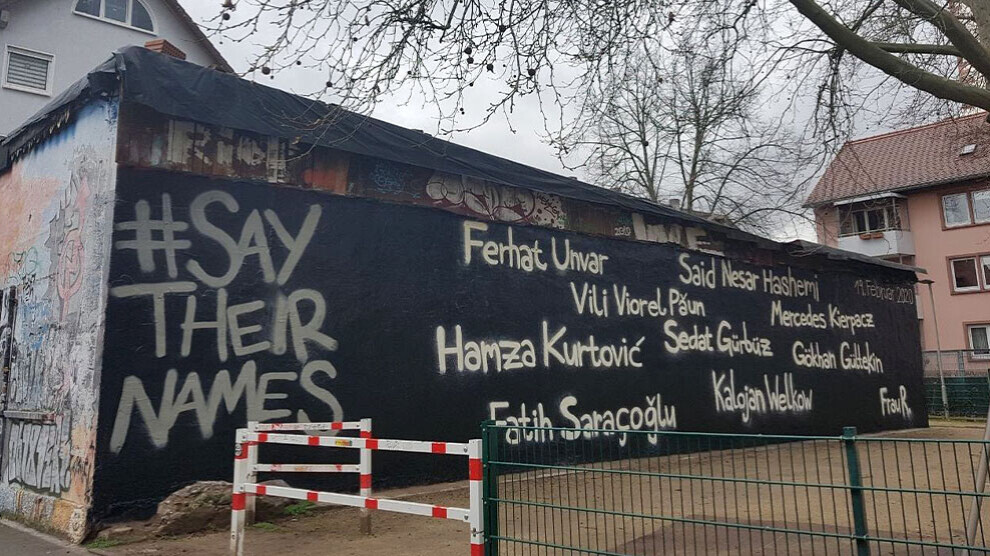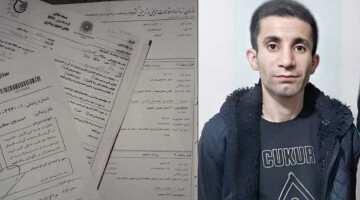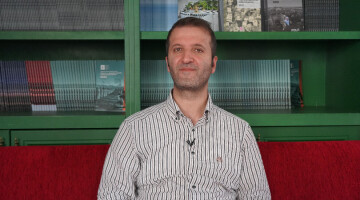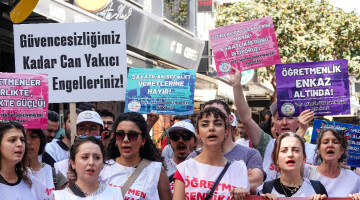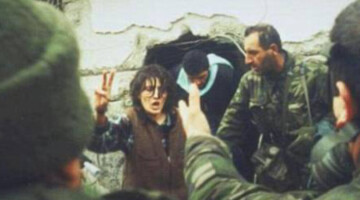It has been a year since a racist in Hanau shot nine people united by a migration history: Ferhat Unvar, Said Nesar Hashemi, Vili Viorel Păun, Mercedes Kierpacz, Sedat Gürbüz, Kaloyan Velkov, Fatih Saraçoğlu, Gökhan Gültekin and Hamza Kurtović. The right-wing extremist murdered them on the evening of 19 February 2020 in and in front of bars, in a parking lot and in a kiosk. He later killed his mother and then himself.
The Hanau attack is not an isolated incident. It is part of a long history of racist and right-wing extremist acts of violence in Germany. After the anti-Semitic attack on the synagogue in Halle and the murder of the Kassel district president Walter Lübcke, the attack in Hanau was the third right-wing terrorist attack with fatalities within a year. According to the Republican Bar Association (RAV), at least 213 people have been victims of right-wing violence since 1990.
A year after the attack in Hanau, the suffering of the bereaved is as deep as the day after, because many questions remain unanswered. How did the attack come about? Could the killer have been stopped? Why was an emergency exit locked at one of the crime scenes and why did emergency calls not get through to the police? One year after Hanau, relatives, survivors and those affected still complain about the failure of the state authorities and demand full clarification and comprehensive political consequences.
On 14 February, the relatives, survivors and activists of the “19 February Hanau Initiative” disclosed the results of their own investigation. In a video they traced a chain of failure; the failure of the authorities during and after the offense, the clumsiness of the offices in providing support and assistance, the unwillingness of the judiciary and security authorities to carry out a proper investigation, to follow up leads, to take new threats seriously and ultimately to protect them. It was about recurring disrespect and demeaning gestures towards the bereaved and survivors and even towards the dead. It was about institutional racism.

